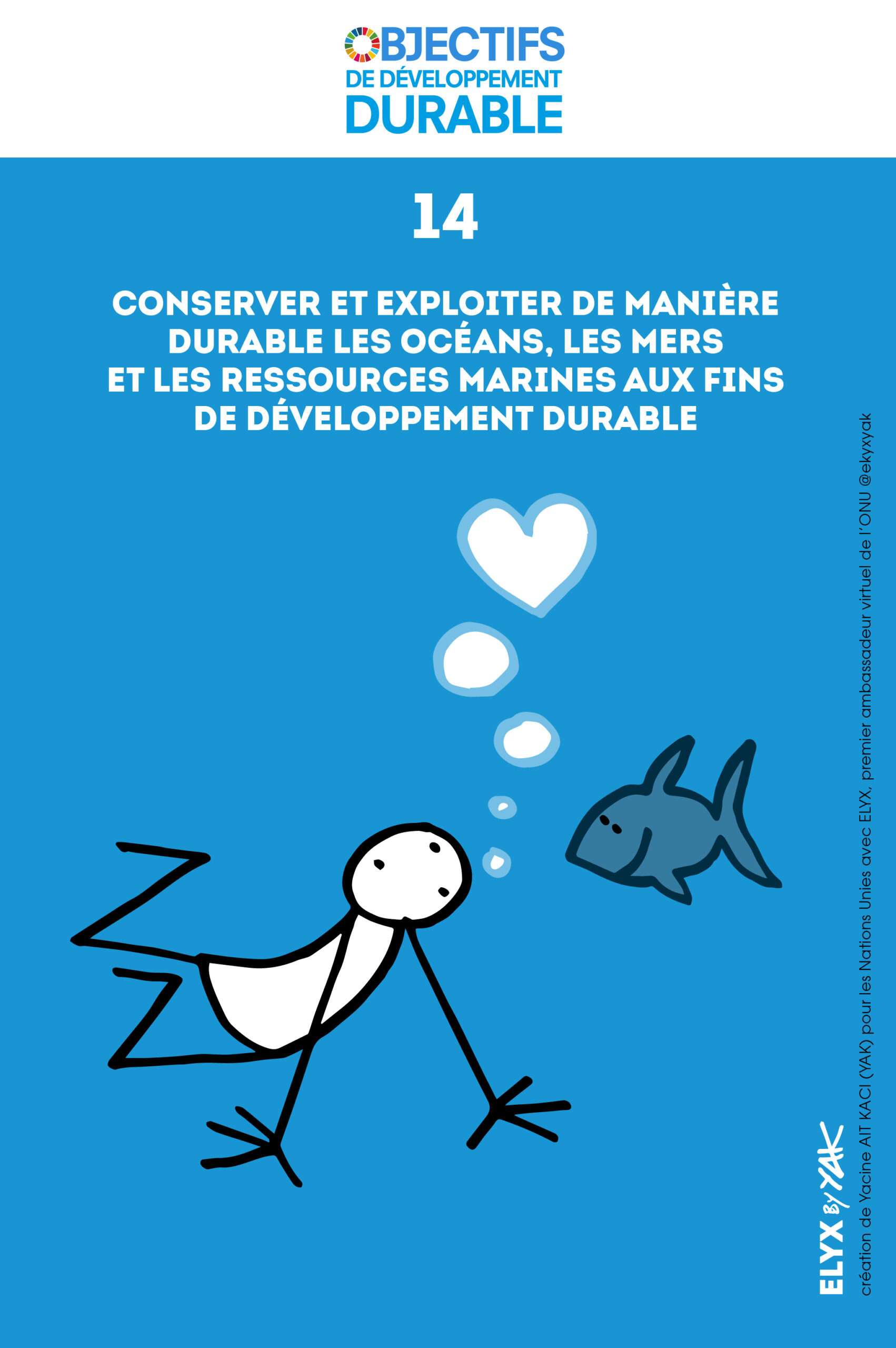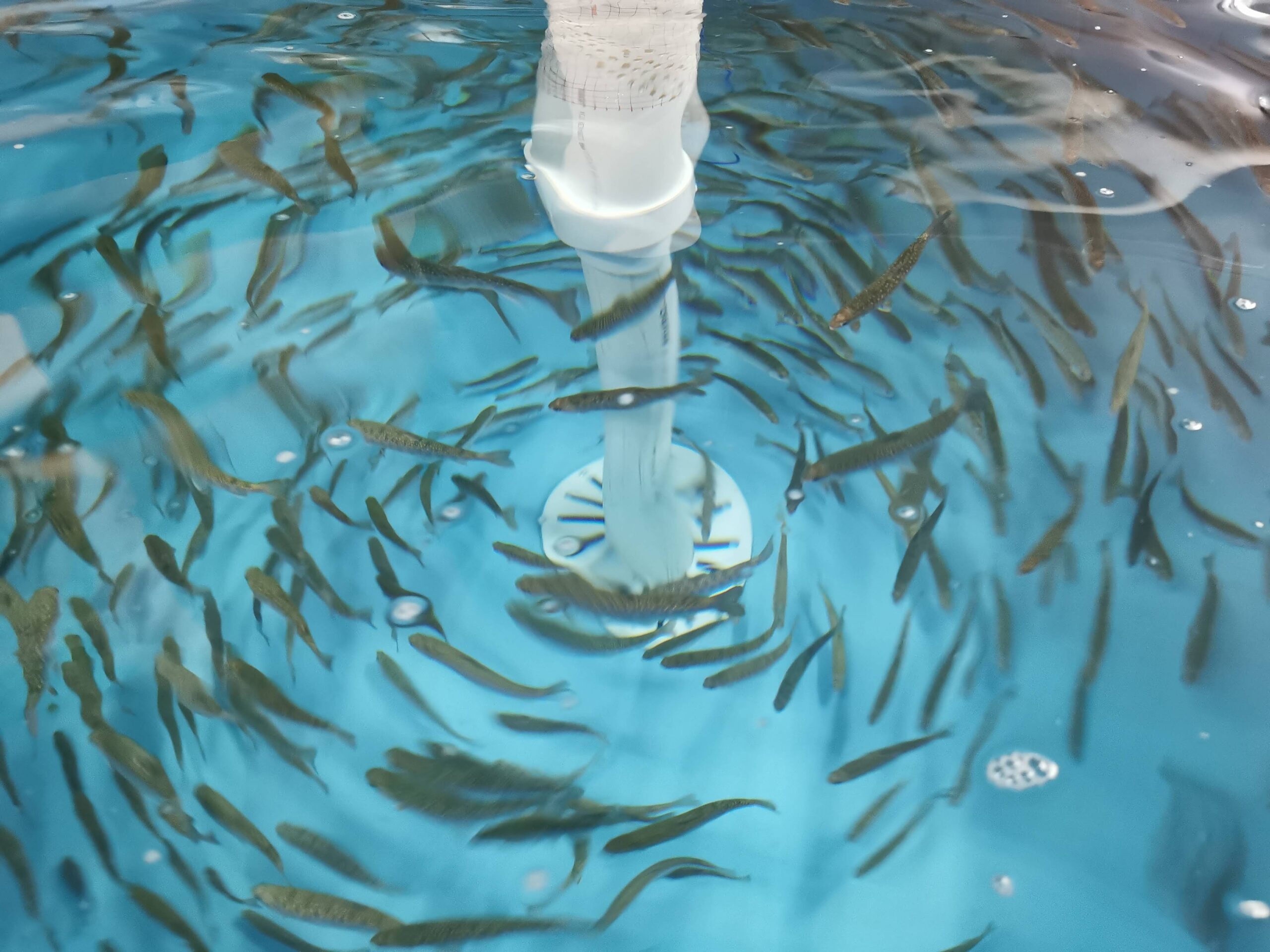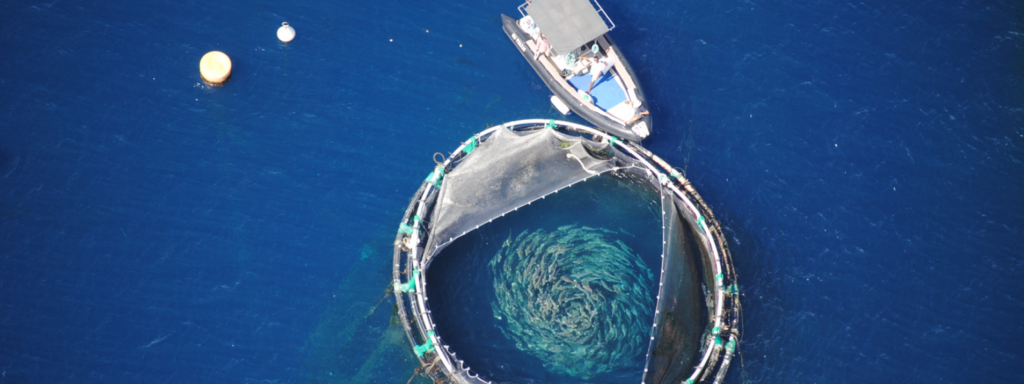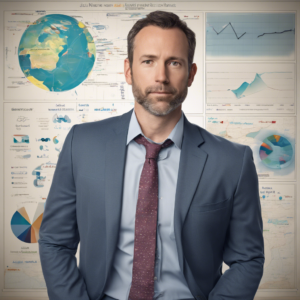The depletion of marine resources due to overfishing threatens the ability of our oceans to provide sufficient food for the world’s ever-growing population. Faced with this challenge, thesustainable aquaculture appears to be a promising solution. It represents an alternative source capable of alleviating the pressure exerted on marine ecosystems while diversifying our food systems. By limiting negative impacts through the use of respectful techniques, such as the integration of filter-feeding molluscs and the balanced management of aquatic spaces, aquaculture can play a key role in preserving the oceans. This sector, still evolving, can help feed millions of people while mitigating the dangers posed by pollution and climate change on our planet. The future of our oceans could well depend on the development of conservation practicesresponsible and sustainable aquatic farming.

Due to the overfishing and reckless exploitation of marine resources, our oceans are now more threatened than ever. L’sustainable aquaculture, by offering a viable alternative to traditional fishing, positions itself as a promising solution. It would not only preserve marine ecosystems but also guarantee a sustainable source of food for the world’s growing populations. This article explores how sustainable aquaculture could address these critical issues.
Table of Contents
ToggleThe Role of Sustainable Aquaculture in Ocean Conservation
The reckless exploitation of fishery resources has led to a rapid decline in fish populations, which threatens to irreversibly unbalance marine ecosystems. Sustainable aquaculture, through environmentally friendly practices, helps to reduce this pressure on oceans. For example, the integration of filter-feeding molluscs such as oysters and mussels in aquaculture systems helps to naturally depollute surrounding waters by filtering out excess nutrients, thereby reducing the impact of aquaculture facilities on local ecosystems.
Ensuring a Sustainable Food Source for the Planet
With the world’s population continually increasing, the need to diversify our food systems has never been more urgent. Aquaculture represents a unique opportunity in that it allows the production of high protein foods while limiting the environmental impacts of the traditional agricultural sector. It is crucial to invest in innovative farming methods that minimize the use of marine spaces, freshwater resources and while avoiding overconsumption of fish feed.
The Issues and Challenges of Sustainable Aquaculture
Although promising, sustainable aquaculture does not come without challenges. Develop aquaculture that respects marine ecosystems requires strict regulation to ensure that industrial practices do not compromise local biodiversity. In addition, it is essential to raise awareness among businesses and consumers about the benefits of responsible aquaculture production while supporting research into new environmentally friendly aquaculture technologies.
Technological and Innovative Advances
Thanks to technological innovation, significant advances are being made in the field of sustainable aquaculture. For example, water recirculation systems and the use of biofilters are used to minimize environmental impact. Offshore aquaculture farms take advantage of more nutrient-rich ocean currents, reducing the need for intensive farming. Such innovations show that, if conducted responsibly, aquaculture can play a key role in preservation of the oceans while satisfying human dietary needs.
Perspectives for a Sustainable Future
As pressure on our ocean resources continues to grow, promoting sustainable aquaculture is essential for the future of our planet. With adequate regulation and global commitment, we will be able to transform this practice into a pillar of food sustainability, helping to both restore our ocean ecosystems and feed a world in search of sustainable solutions.










